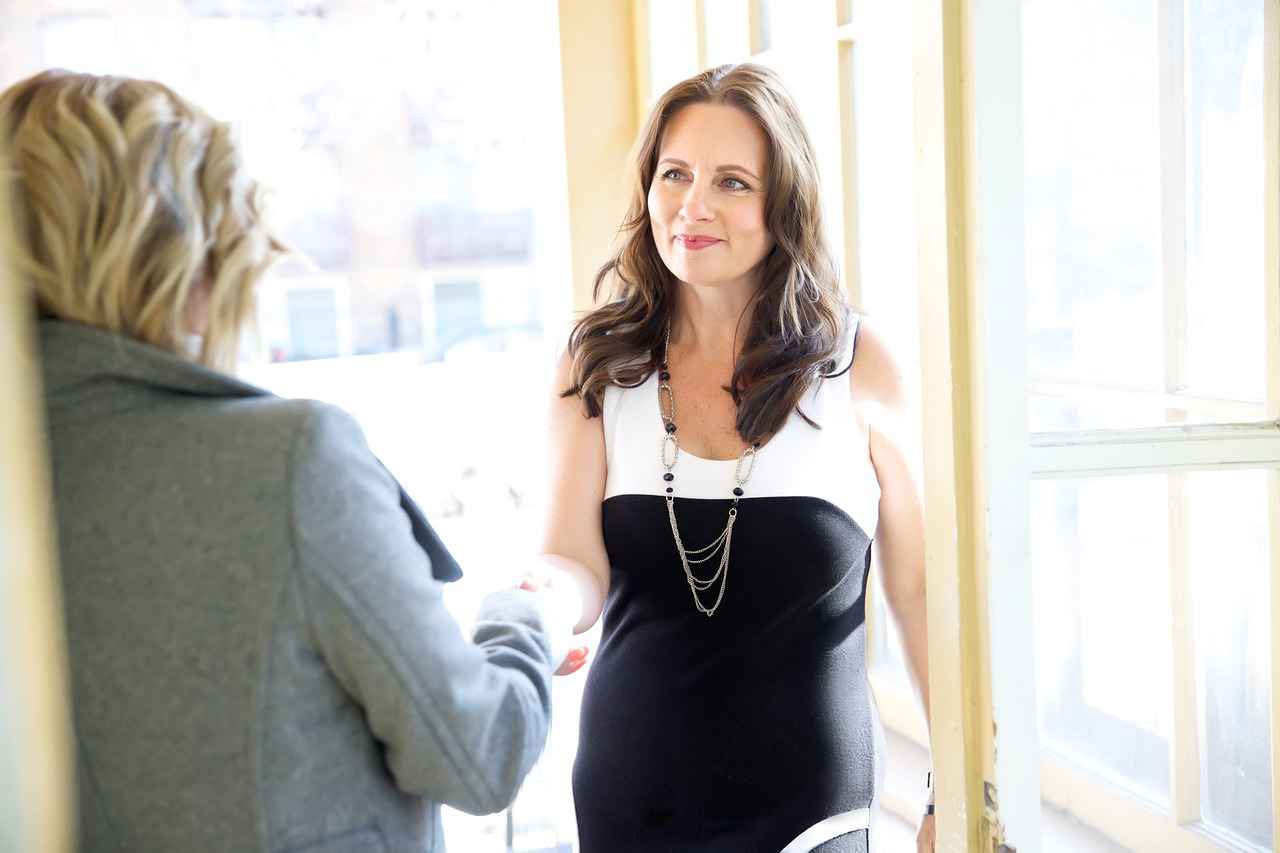When it comes to job interviews, making a good first impression is crucial, and that starts with wearing the right clothes. There’s a blog called “Laid Off And Looking,” where a blogger shared his experiences with interview attire. He got positive feedback on his skills but was criticized for his casual attire after a second interview. When he suited up for the final round at a startup, the CEO told him ties were a no-go. Unfortunately, he didn’t land the job.
It’s surprising to see someone with 12 years of work experience, like John, struggle with dressing appropriately for interviews. If you’re interviewing at a startup, showing up in a formal suit can be overkill. On the other hand, showing up in a polo shirt and khakis at a law firm isn’t going to cut it.
So, what should you wear? The rule of thumb is to dress a bit more formally than the company’s usual attire. For a startup where jeans and a T-shirt are standard, opt for khakis, loafers, and a long-sleeve collared shirt. If khakis and a shirt are the norm, throw on a blazer. And if a blazer is expected, go with a suit. This shows respect and professionalism without making you stand out awkwardly.
For instance, dressing too casually or too formally can hinder your chances. The key is to respect the company’s culture while slightly elevating your look. If you’re unsure about the dress code, spend some time in the company’s lobby to observe what employees are wearing. This can give you a good idea of what’s expected.
The workplace dress code has generally become more relaxed over time. However, there’s an unspoken rule that you need to earn the right to dress down. This means keeping your look professional until you’re more established.
For women, the same principles apply. I’ve seen too many interviewees dress as if they’re going out rather than showing up for a professional interview. Keep it professional and avoid anything that could be considered provocative. It’s not the time to make a fashion statement.
Remember, dressing right for an interview is crucial, but it shouldn’t be your biggest worry. Once your outfit is sorted, focus on what you’ll say and how you’ll say it. After all, interviews are not fashion shows.
If you’re considering leaving your job, think about negotiating a severance package instead of just quitting. I negotiated one back in 2012, which included a severance check, subsidized healthcare, deferred compensation, and training. This can provide a financial cushion during your transition. Remember, if you quit, you usually leave with nothing.










































